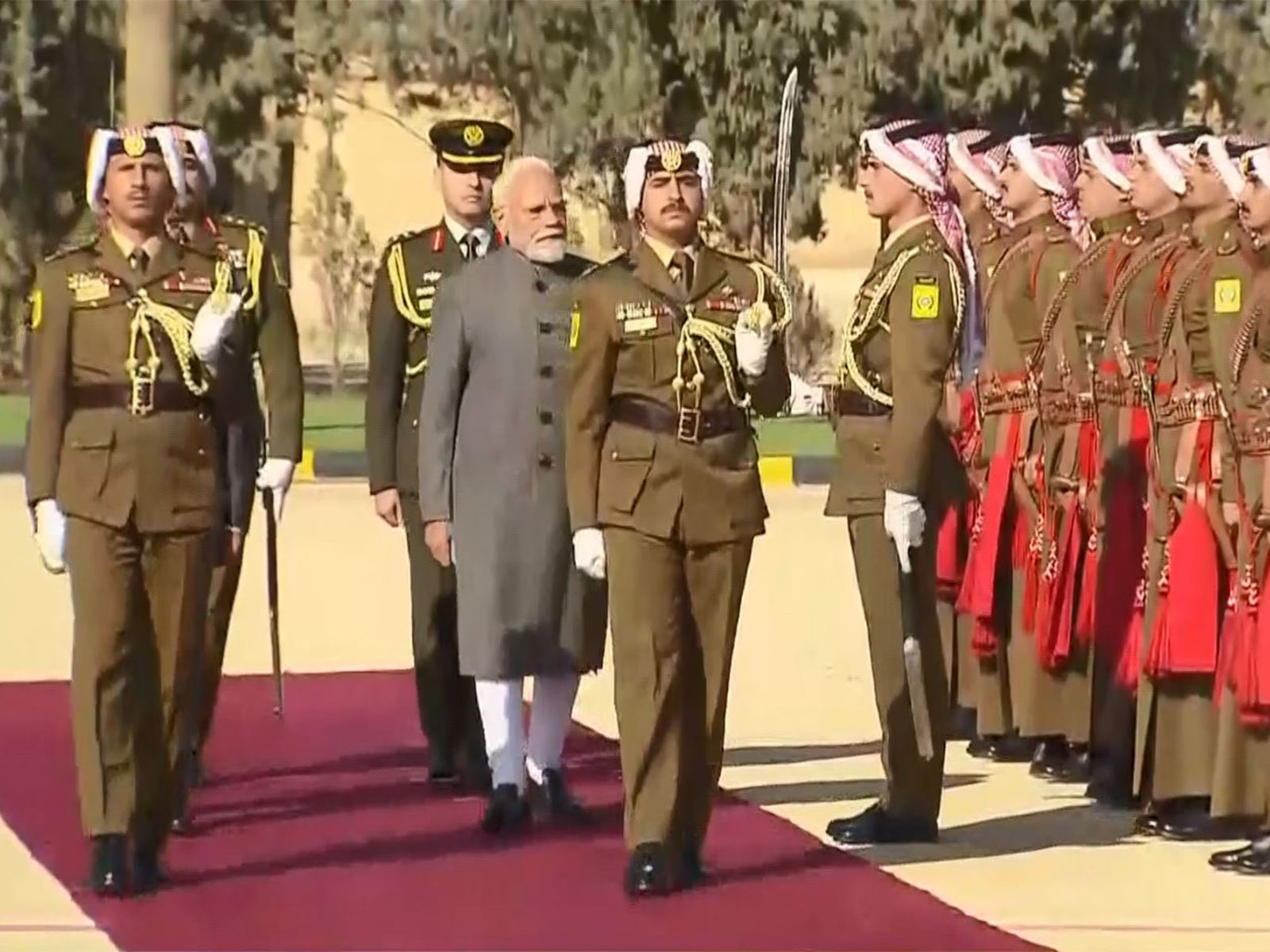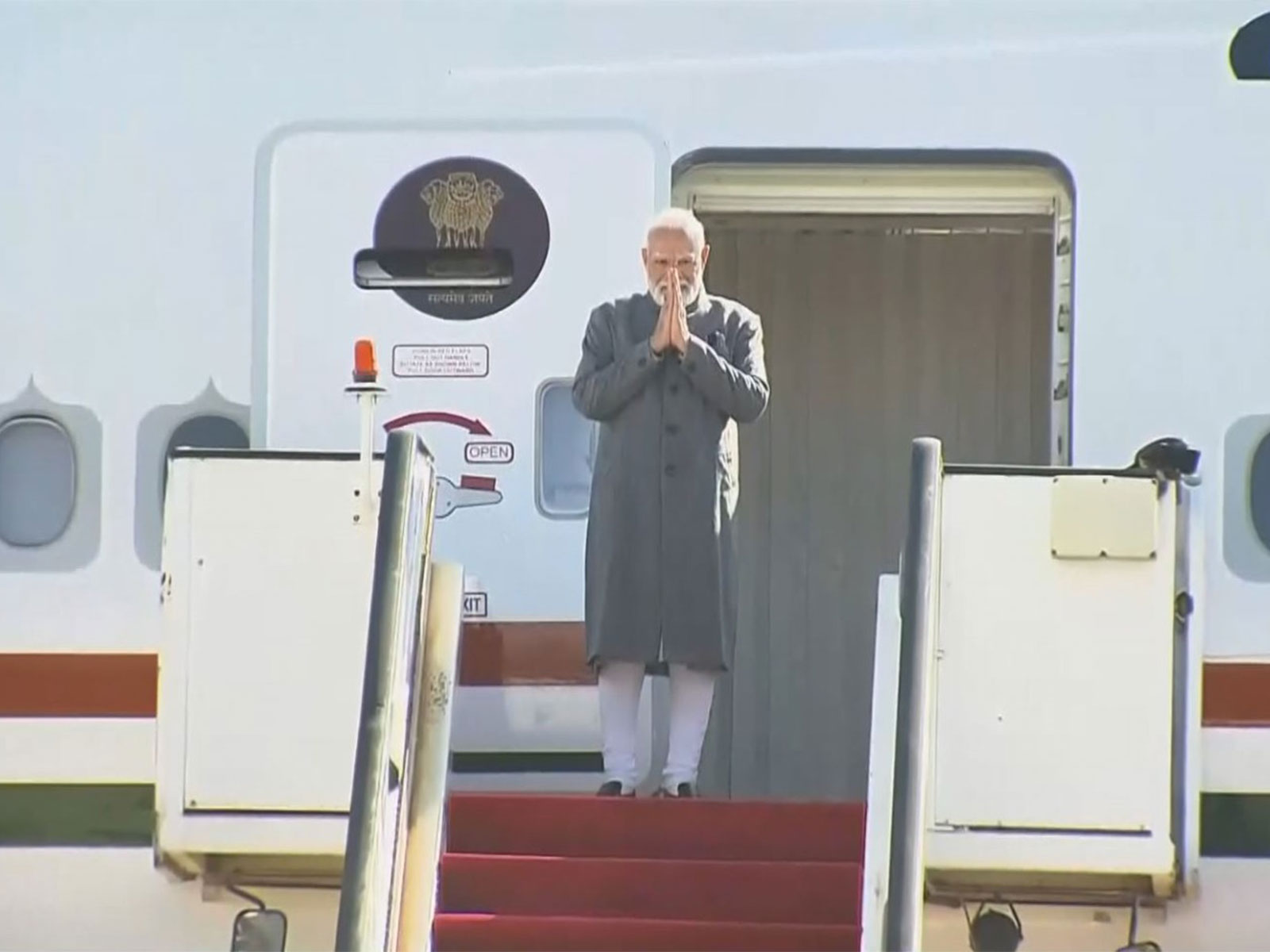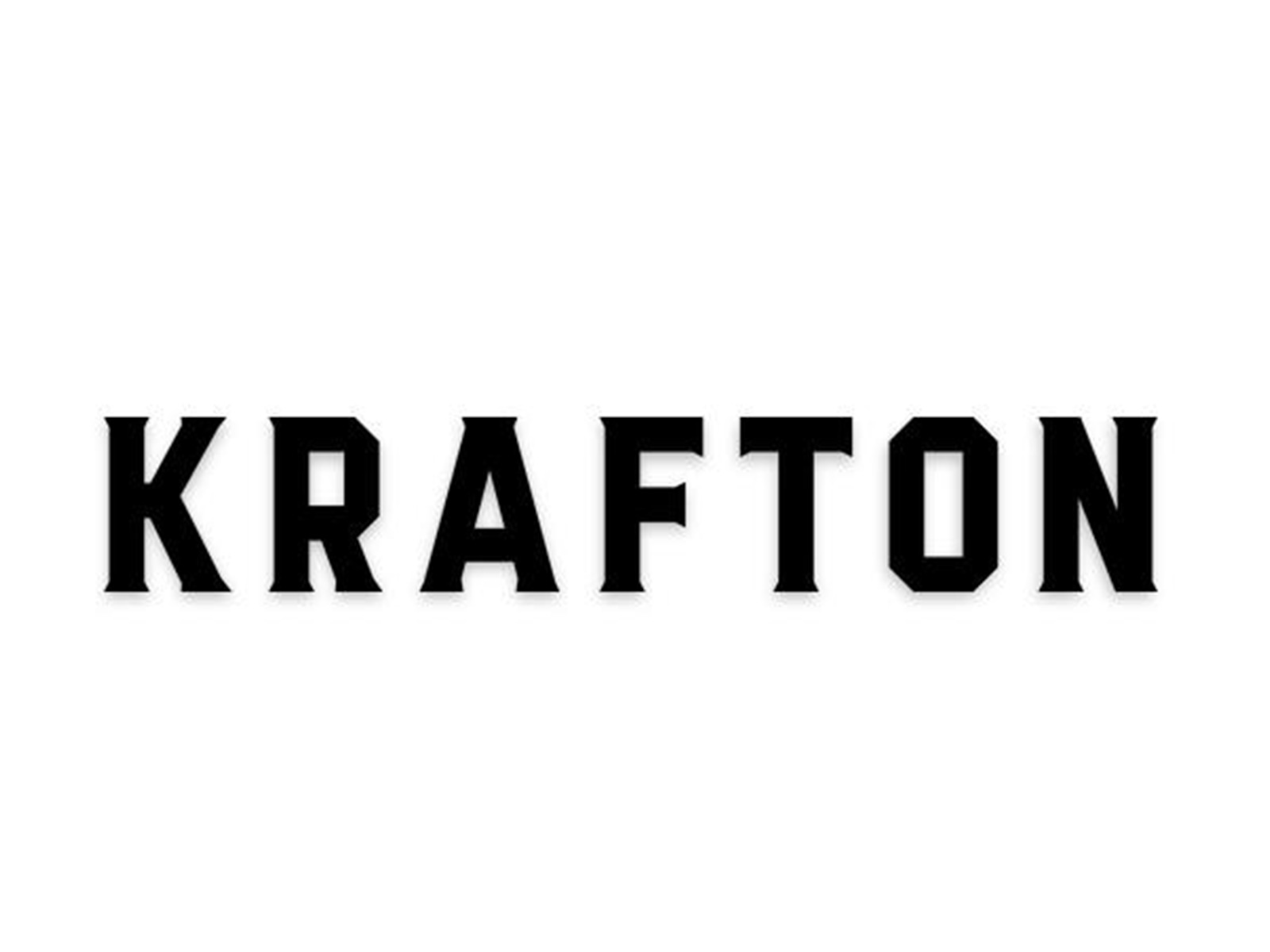UN planning USD 8 Billion aid to restart Afghanistan's economy
Dec 25, 2021

Washington [US], December 25 : The United Nations (UN) is planning to aid Afghanistan's economy with USD 8 billion to rebuild governing systems and social services.
Saeed Shah, writing in Wall Street Journal (WSJ) said that the plan would move beyond a purely humanitarian mission, taking on many government functions at a time when the Taliban regime remains under economic sanctions and lacks diplomatic recognition, according to international officials.
"We do not want to become an alternative government of Afghanistan. But is it important to support systems, not lose the gains made in past years," said Ramiz Alakbarov, Deputy Special Representative of the UN Secretary-General and the humanitarian coordinator for Afghanistan.
Alakbarov said that reviving economic activity could instil some confidence in the future and prevent the mass exit of refugees. Afghanistan's neighbours and countries in Europe fear that an economic implosion could push millions of despairing people across their borders.
To go beyond saving lives to rebuilding livelihoods, another USD 3.6 billion will be needed next year, said Alakbarov. This funding would keep schools and hospitals going and their staff paid.
The plan would also disburse help to small businesses and farmers. Some 30,000 people are already being paid around USD 5 a day to clean irrigation canals in the western province of Herat. The UN is also handing out USD 230 in cash to some destitute families.
The international community is working on how it will channel the USD 1.2 billion that the World Bank was spending a year in Afghanistan, with around USD 280 million of that already redirected to UN agencies, said Shah.
International donors have already given more than USD 1 billion since the Taliban takeover to meet emergency needs for the rest of 2021, including providing food supplies to seven million people in November.
For 2022, the UN will launch an appeal for USD 4.4 billion, its largest-ever fundraising drive for a country, to cover food, shelter and other basics to keep people alive. That is around the same level as the economic aid received by Afghanistan in 2020, said Shah.
The US Treasury this week lifted some sanctions to allow aid to flow more freely, including to the education sector and for paying Afghan civil servants.
A US-proposed UN resolution, which was adopted on Wednesday, provides a carve-out from sanctions for "humanitarian assistance and other activities that support basic human needs," reported WSJ.
Afghanistan owes more than USD 100 million to central Asian neighbours and Iran for electricity supply, which could be cut off and leave cities without power this winter, said Shah.
The Afghan economy has shrunk by at least 40 per cent since the Taliban took over in mid-August. The US froze some USD 9 billion in Afghan central-bank assets and financial sanctions have paralyzed the country's banking system. Many employers, particularly in the public sector, haven't been paid salaries for months, while prices for basic commodities surged and the national currency, the afghani, lost a quarter of its value versus the dollar, reported WSJ.



















